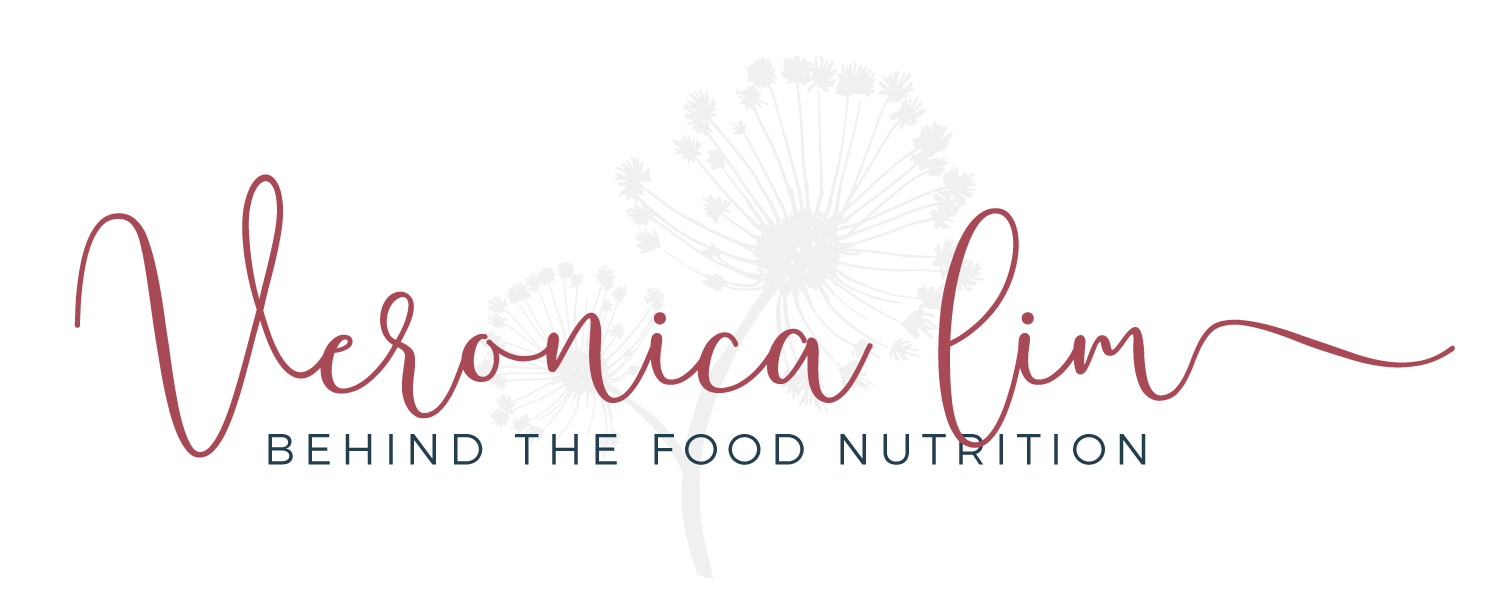If there’s one thing that can really get my goat up… how did that phrase come about, I wonder, “get your goat up”…. Anyway, as I was saying, one thing that I find really annoys me, is incompetence. It’s not new, it’s something I have known from way back when.
Over the last several years though, I’ve mellowed and I’m not as fiery as when I was younger, so it took me (and my husband) by total surprise when I got shirty with the lady who was checking me in at the airport last month. Because, well, she simply wasn’t with the agenda. That definitely got my goat up. Then I got annoyed at Jeff because he called me out on it! Not in front of the lady, I might add.
I did apologise later. Then this week, I caught up with a friend who’s going through peri-menopause, and she mentioned how she’s been frequently over-reacting to certain things.
Is this you? Do you find that even little things that used to be like water off a duck’s back can now trigger you in a way you’ve never known before?
In fact, “over-reacting” may even be an understatement.
You may have found yourself exploding or flying off the handle, or maybe even experiencing rage, at something that you intellectually know isn’t a big deal. One thing for sure. You know that you would never have responded that way before.
It’s as if there’s some underlying anger or irritation that’s simmering just below the surface and it comes out whenever “it” feels like it, often so quickly that it astounds you.
And then it passes, just as quickly as it came about, leaving you feeling less than in control, and sorry or guilty.
I want for you to know that you’re not alone.
Many women experience what is commonly called “irritability” – a proneness to anger, annoyance or impatience. Up to 70% of women in peri-menopause say that irritability is their primary mood complaint.
In peri-menopause, sex hormone levels are quite literally all over the place. In particular, oestrogen levels are up and down, although as a whole, its levels are falling too.
It’s these falling oestrogen levels that contribute to our being more sensitive to stress when we get into peri-menopause. You see, reduced oestrogen levels have been associated with higher levels of stress hormones (cortisol) in the body. It is thought that oestrogen helps messaging in our body’s stress axis, so when it drops, the messaging isn’t so clearly received, and stress hormones continue to be triggered.
What’s more, oestrogen plays a role in the production of serotonin, a neurotransmitter that helps to regulate mood. So this is a bit like a second whammy.
What this translates to is, your tolerance for the same level of “stuff” that’s going on in your world as before, can be significantly reduced, especially during those times when your oestrogen has taken a dip. Which is why you don’t fly off the handle all of the time. But during those dips? Now, one more small thing, and that’s it. You’re triggered.
You might find it helpful to take some time to explain this to your loved ones, so that they know, that you’re going through a challenging time, and that it isn’t necessarily that you’re mad at them.
It’s a natural process, but stressful on the body all the same (like puberty in reverse). So help your body and reduce the overall stress load as much as you can.
-
- Eat to keep your hormones in check. This means steering clear of sticky buns and sugary cereals, and consuming protein, healthy fat and fibre at every meal. Oh, and eating three main meals a day. Not grazing all day long. This helps keep your blood sugar levels stable, and your insulin (a hormone) in check. Fluctuating blood sugar levels can be a reason for irritability (ever get grumpy if you’ve missed a meal? Yep, that’s it), so it makes sense to handle this one which is totally under your control.
- Review your exercise. Because your body is now more sensitive to stress, a challenging exercise routine may be just too much for it right now. Try a gentler exercise and give your body a break. Perhaps yoga, or moderate walking for 25-30 minutes a day.
- Get good sleep. I know this might be a challenge if you happen to have night sweats and hot flushes too. But every little bit can add up to making a big difference. So have a sleep routine that helps you relax before bedtime so you can ease into sleep. Aim for between 7 and 8 hours of sleep. Go to bed a little earlier perhaps, and read for a few minutes, or meditate, or journal. And definitely have a digital curfew – no phones, tablets or computers beyond a set time every night – and use something like justgetflux.com to cut out the blue light from your screen.
- Let yourself get bored. Sometimes, women can feel guilty taking time out and doing “nothing”. Other times, they say that it’s too boring. Many moons ago, I read this. “The gateway to peace is boredom.” I didn’t have a clue what it meant at the time, but I’ve found it to be true. To quieten our mind and to bring ourselves peace, we do have to sit through our mind agitating us to do something because it’s bored. Will you give it a go? You deserve some down time.
- Take a moment to review. Is there anything hiding underneath your anger? Women are generally taught to be nice. Many of us have also been taught to be polite and to not rock the boat. So over the years, we may have buried the emotions we’d felt, or not spoken up for ourselves. We bit our lips and carried on. The things that we suppressed, can then become stuck blobs of energy – buttons that can be pressed by seemingly unrelated things later on in life. Now, in menopause, it’s a time of change that can be likened to rebirth. It’s an opportunity to review and let go of past hurts, guilt, or habits that are no longer serving you, make peace with them and to let those blobs of energy go.
- Start doing other creative things. One of the most creative acts that any woman can go through is that of having children. Now that the children are likely grown up (or getting there), you have a great opportunity to redirect your energies into something creative once again. This could be taking up photography, or art class, or jewellery making… whatever it is that brings you joy.
- Draw regularly on the box. Box breathing, that is. Actually, I don’t know why it isn’t called square breathing, but it isn’t. So, imagine the four sides of a box (square). The idea is to work your way around it. Breathe in and count to four for one side, then hold for a count of four for the next side. Now breathe out and count to four for the third side, and then hold your breath for the last side to the count of four. You’ll have made the four sides of a box (square). Repeat three times, or more, if you choose. I hope you got that. This allows your body to calm down, and engages the parasympathetic (relaxing) nervous system.
One last thing. Do as much as you can and as consistently as you can. It all adds up. I’m often as guilty as anyone when it comes to wishing I could do something once or twice and reap the results right away, but nature doesn’t work like that.
Do what’s right for you. You deserve it.

